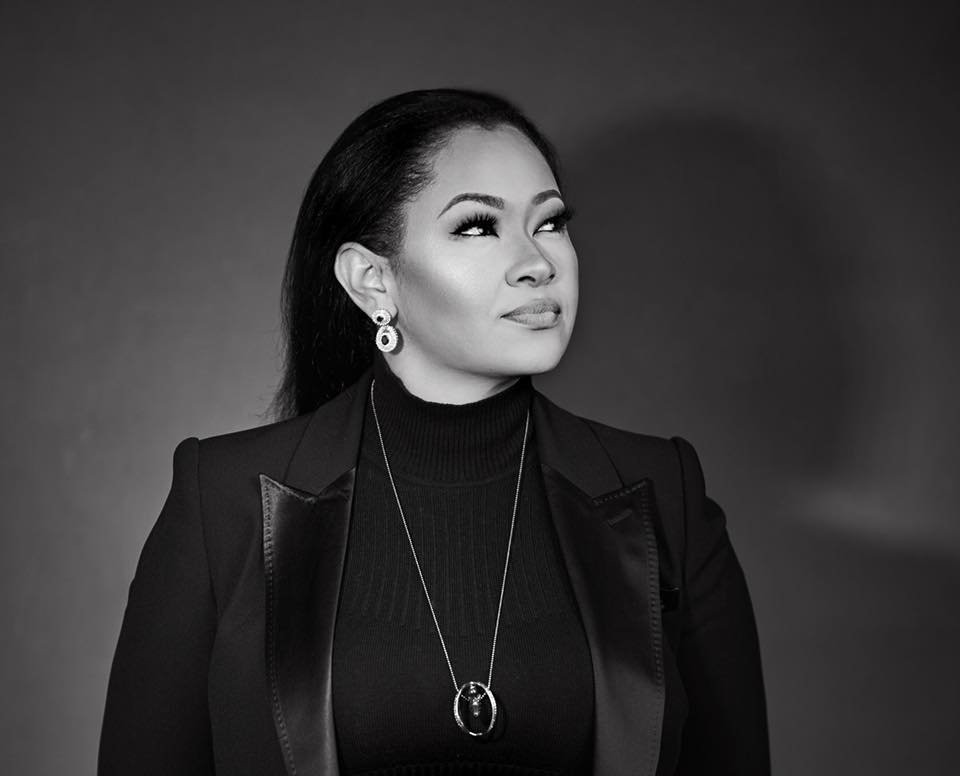In a country where power dictates truth and justice is often determined by status, the case of Senator Natasha Akpoti-Uduaghan is not just a political dispute, it is a reflection of a much deeper problem. Her suspension from the Senate raises pressing questions about power dynamics, gender bias, and the structural injustices that continue to silence women in Nigeria.

It is no longer just about Natasha as an individual or even Senate President Godswill Akpabio. It is about a system where authority protects itself while dissenting voices especially those of women are isolated, ridiculed, and suppressed.
The political space, much like society, has always been an unforgiving terrain for women who dare to challenge the status quo. History shows that when men in power clash, allies rally behind them. But when a woman stands alone in defiance, she is painted as troublesome, uncooperative, or incapable of leadership. Many Nigerians have blamed Natasha, arguing that her colleagues do not support her because she is “difficult” to work with. But is that truly the case? Or is it simply that power always gravitates toward itself, protecting those at the top while making examples of those who challenge it?
This reality echoes the struggles of countless women outside the walls of the Senate. Injustice is not only suffered in politics but also in homes, workplaces, and on the streets. Women who speak out against oppression are often met with skepticism, labeled as troublemakers, or outright ignored.
“Because I am a woman,
I don’t have a right to be mad,
The length of my innocence is directly proportional
to the degree of my silence in the face of oppression and brutality.”

This silence is precisely what allows injustice to thrive. Whether in the case of a woman seeking justice for harassment, a girl child whose innocence is stolen, or a female leader battling an institution that resists change society’s response remains the same. Look away. Downplay it. Blame the woman.
The same political class that should set a precedent for justice and fairness is the same one showing that power matters more than truth. If the Senate, a supposed pillar of democracy, cannot ensure justice within its own chambers, where else can Nigerians expect fairness to prevail?
Has an investigation been conducted? Has Natasha been found guilty of any offense? Or is her suspension simply an exercise of political muscle? These are the questions that demand answers. If rules are not applied fairly, if one person’s power determines the fate of another, then justice is not just delayed; it is denied.
“Because I am a woman,
I get into an argument with a man, he slaps me,
I feel the pain,
They tell me I provoked him
And I should apologize to him.”
Natasha’s story is more than politics. It is about every woman who has had to fight alone, every woman who has been told to stay silent, every woman who has been made to believe that her struggle is hers alone. But silence is no longer an option.

Justice must be served, not just for Natasha, but for all the women whose voices have been buried under the weight of power




Leave a reply